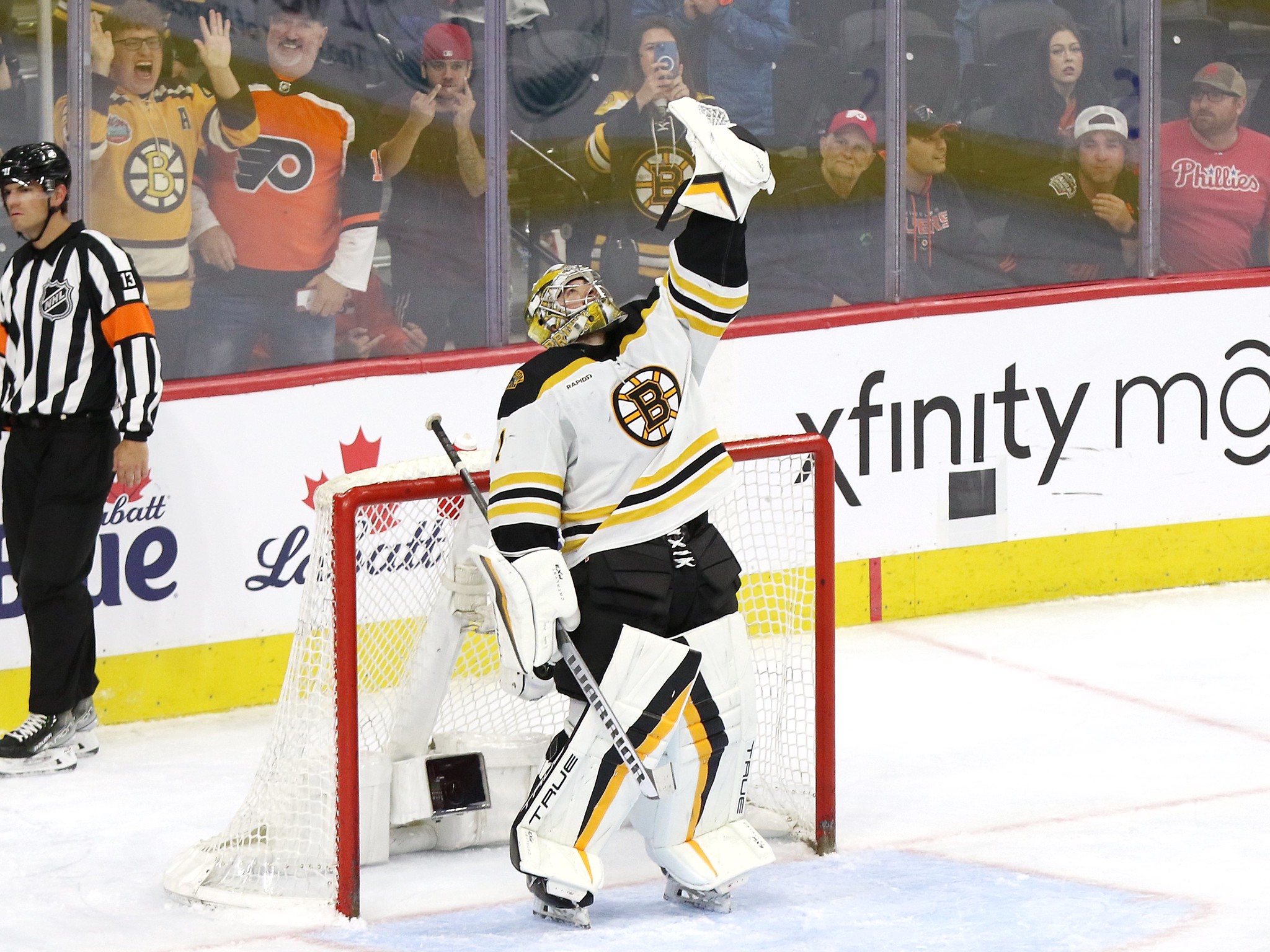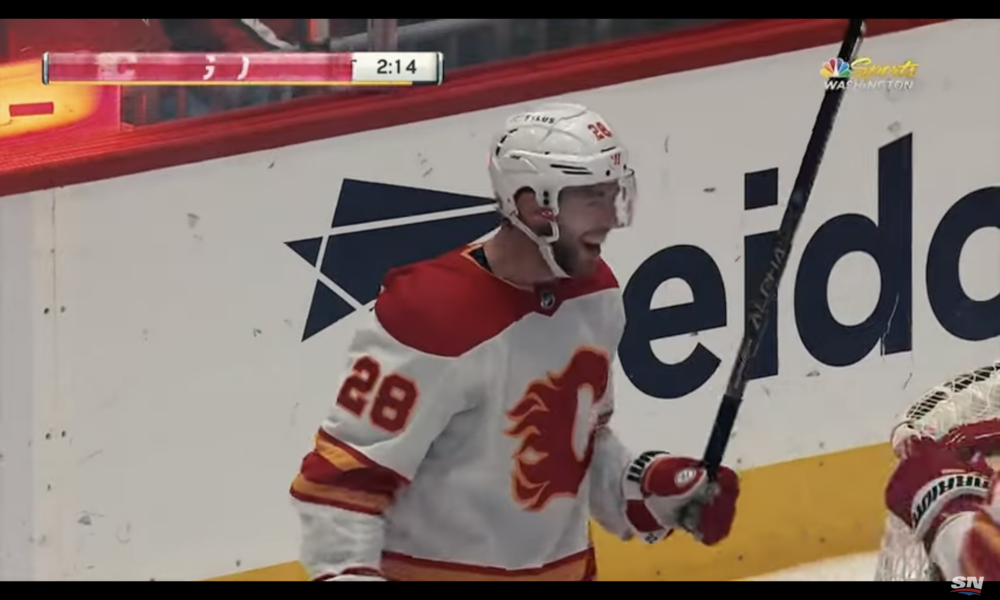Leaf fan posting this??
I was curious to see how many players are traded pre/post arbitration. I came across this article. Sharing with you folk. I guess it's very possible the same can happen with one of Swayman or Freddy. Has Boston ever made a trade post arbitration?
CUTTING TIES
In her column earlier this week,
Rachel Doerrie wrote about how P.K. Subban's 2014 arbitration hearing was a watershed moment in the relationship between the defenseman and the
Montreal Canadiens — who then kept him for just two more years before trading him to the
Nashville Predators two days before his full no-movement clause kicked in.
Looking back through
arbitration settlements over the last 15 years, the trend does lean toward teams moving on not long after an arbitration award.
Here are a couple of examples that illustrate how things can play out:
In 2019,
Joel Edmundson went to arbitration immediately after the St. Louis Blues' Stanley Cup win. Coming off a one-year deal with a cap hit of $3 million — which he signed with the
expectation that a long-term contract would eventually be forthcoming — he was awarded only a small raise to $3.1 million.
Edmundson had just one year left on his contract before becoming a UFA, and Doug Armstrong elected not to extend Edmundson. After the arbitrator's award, Edmundson was dealt to
Carolina Hurricanes during the 2019-20 pre-season as part of the package that brought back
Justin Faulk, who the Blues promptly signed to a seven-year deal with a cap hit of $6.5 million.
After a year in Carolina, Edmundson signed as a free agent with Montreal at a cap hit of $3.5 million.
In 2018, 24-year-old defenseman
Brett Kulak filed for arbitration. He'd just hit a career-high 71 NHL games with the
Calgary Flames while playing on a two-way contract at the league minimum.
Kulak was awarded a one-year, one-way deal at $900,000 by the arbitrator. But that was too rich for Brad Treliving's blood.
After he cleared waivers on Oct. 1, Kulak was dealt to the
Montreal Canadiens in exchange for
Matt Taormina and
Rinat Valiev.
Neither new acquisition played a single NHL game for the Flames. Meanwhile, Kulak spent one more year moving back and forth to the minors before establishing himself as an NHL regular. When he was dealt to the
Edmonton Oilers at the 2022 trade deadline, he netted the Canadiens the second-round draft pick they used on promising defense prospect
Lane Hutson.
Kulak now averages more than 17 minutes a game on the Oilers blueline. He hit a career high of 20 points last season, at a cap hit of $2.75 million, which is perfectly reasonable for what he brings to the table.
STICKING AROUND
While players and teams cut ties not long after an arbitration award, there are a handful of exceptions.
In 2019,
Andrew Copp saw his cap hit with the
Winnipeg Jets bump up from $1 million to $2.28 million on a two-year deal from the arbitrator. He stuck around and filed again in 2021, then settled for a one-year contract at $3.64 million two weeks before that scheduled hearing.
By that point, however, it had become clear that Copp wanted to move on when he hit unrestricted free agency one year later. At the 2022 trade deadline, the Jets got a nice package from the
New York Rangers that included the first-round pick that would become
Brad Lambert. Then, Copp cashed in for five years at $5.625 million with the
Detroit Red Wings that summer.
Back when negotiations could continue after arbitration hearings, there are also some examples where the sides did come to terms on long-term deals, and stayed together for several years afterward.
Victor Arvidsson jumped from $650,000 on his entry-level contract to a seven-year deal at $4.25 million after his 2017 arbitration hearing, then remained with Nashville for four seasons before being traded to the
Los Angeles Kings. And
Tyson Barrie went from $2.6 million to $5.5 million on a four-year deal after his hearing in 2016. He stayed with the
Colorado Avalanche for three more years before being moved to Toronto as part of the
Nazem Kadri swap.








